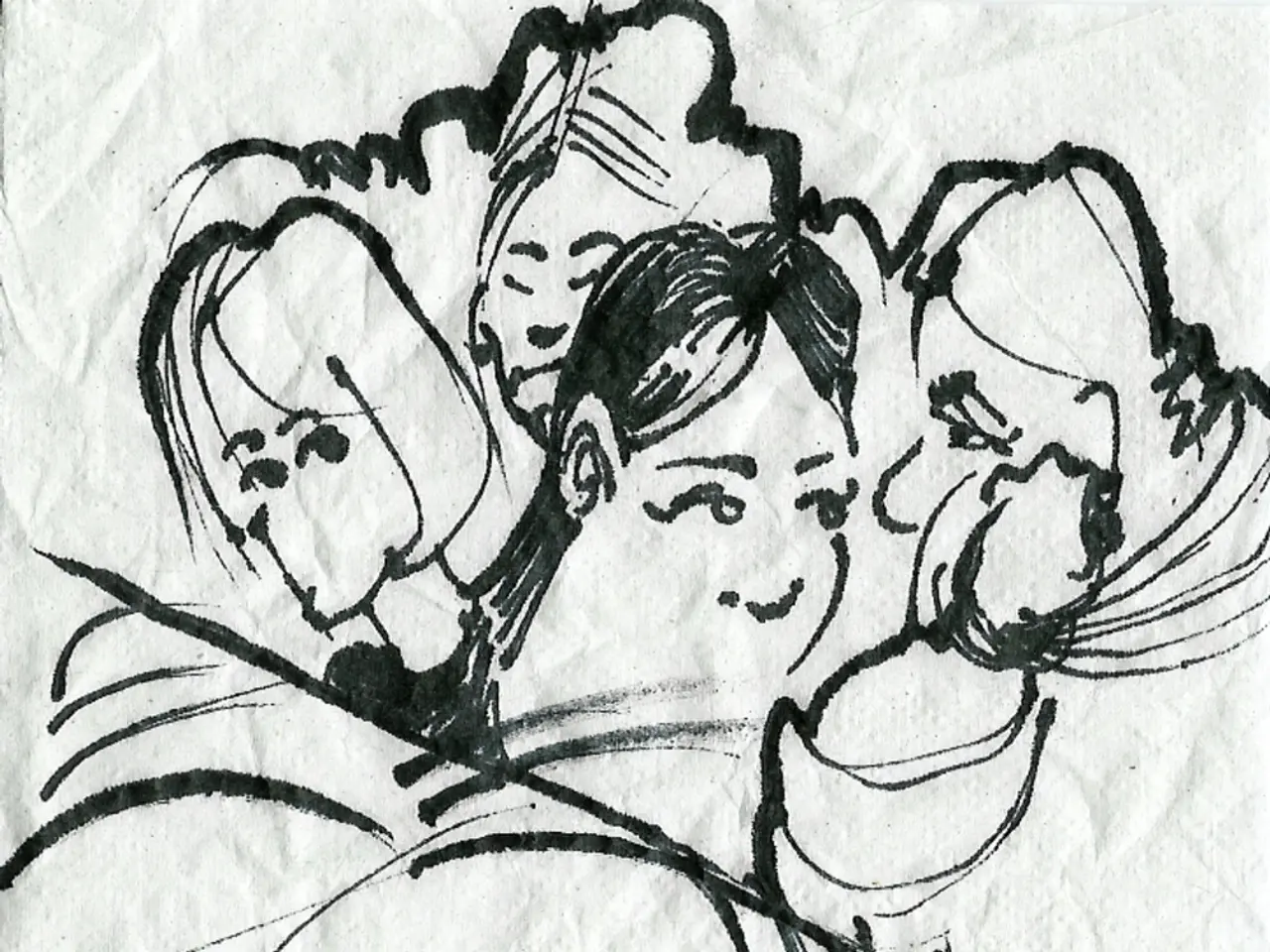Learning East German History is Advocated by the Foundation for Dealing with the Past Among Students - Revised History Education: Schools to Teach About the Past of East Germany (GDR)
In August 1961, the Berlin Wall was constructed, dividing the city and symbolising the separation of East and West Germany. This historical event, and the stories connected with it, are urgently needed today to make the differences between dictatorship and democracy clear.
The construction of the Berlin Wall was primarily intended to prevent people from fleeing the German Democratic Republic (GDR). Thousands were imprisoned for attempting to do so, paying dearly for their desire for freedom and self-determination with years of imprisonment. Around three million people had left the GDR by the summer of 1961 before the wall was built.
The Berlin Wall solidified the division of the city until 1989, and its construction is still a topic of great importance today. The Berlin Wall Memorial on Bernauer Straße serves as a reminder of the shock caused by the border closure in 1961. During the construction, at least 140 people were killed at the border around Berlin. One of the victims, Peter Fechter, is remembered with a wreath being laid in his memory each year.
Berlin's Governing Mayor Kai Wegner commemorates the construction of the Berlin Wall at the Bernauer Straße, emphasising the need for a comprehensive understanding of the realities of the communist dictatorship under the Socialist Unity Party (SED). The Foundation for Coming to Terms with the SED Dictatorship advocates for more in-depth teaching of GDR history in schools to ensure a thorough understanding of the past.
Educating students about the political repression, suppression of opposition, and control over society under the SED dictatorship helps them understand the historical context, the dangers of dictatorship, and the means by which freedom and democracy were suppressed in East Germany. It also aids in the social and political reconciliation process by acknowledging victims’ experiences and preventing collective amnesia.
Neglecting this education could weaken historical consciousness and democratic resilience. The potential consequences include generation gaps in historical knowledge, allowing myths or simplistic views to take hold. It could also lead to political polarization or right-wing extremism fueled by ignorance of past injustices, undermining of democratic values due to lack of awareness of the costs of dictatorship, and insufficient critical thinking about mechanisms of repression and propaganda used by authoritarian regimes.
The intensity of GDR history examination depends significantly on the engagement and training of the teaching staff. The Foundation for Coming to Terms with the SED Dictatorship is advocating for more reliable teaching of GDR history in schools, including in other school forms such as vocational schools. The topic of GDR history is often only briefly covered towards the end of the school year, and there is a desire for a more in-depth examination.
Evelyn Zupke, the SED Victims' Commissioner, also speaks during the memorial service at the Bernauer Straße, emphasising the importance of remembering the victims of the SED dictatorship and ensuring that their stories are not forgotten. As we remember the construction of the Berlin Wall, it is crucial that we learn from the past and strive to prevent the recurrence of such authoritarian practices in Germany.
- The construction of the Berlin Wall serves as a reminder to EC countries of the importance of strong employment policies that safeguard freedom and self-determination, ensuring that their citizens have the opportunity for education and self-development without fear of oppression.
- By educating students about the political repression, suppression of opposition, and control over society under the SED dictatorship, we can foster a greater understanding of the importance of employment policies that promote democracy, protect human rights, and enable the development of a well-informed and critical society.




